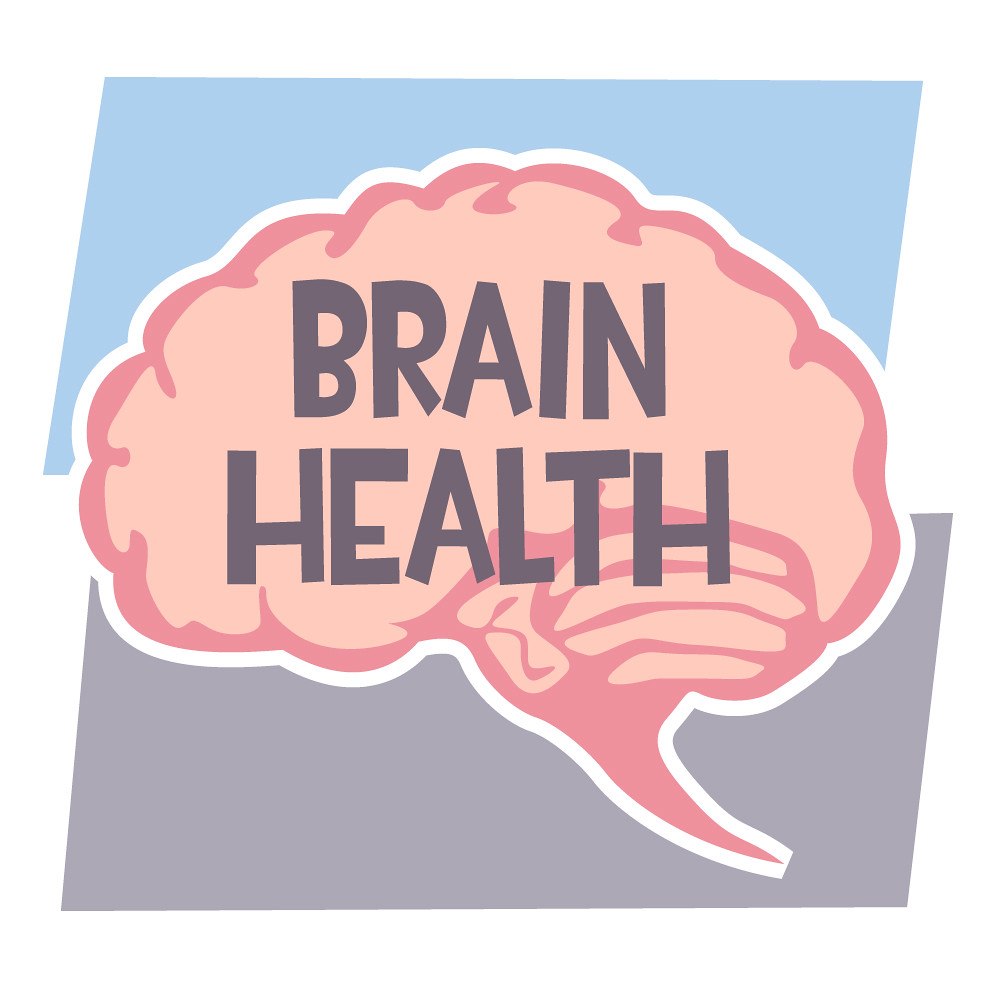
In an era where mental health is at the forefront of societal concerns, the discovery of the gut-brain axis serves as a beacon of hope, offering fresh insights into treating conditions like depression. This complex, bi-directional communication network between our gut microbiome and brain unveils the profound impact our digestive health has on our mental state. Below, we dive deeper into this fascinating connection, offering a comprehensive guide to harnessing its power for mental wellness.
The Intricate Web of the Gut-Brain Axis
At the heart of this dialogue is the gut-brain axis, an intricate network that not only underscores the importance of our gut’s health on our mental well-being but also offers a revolutionary approach to managing mood disorders. The cast of billions of microorganisms that inhabit our gut, known as the microbiome, are the key players in this dialogue, influencing everything from our mood to our decision-making processes.
- Serotonin and the Gut: About 90% of serotonin, the neurotransmitter often dubbed the ‘happiness hormone’, is produced in the gut. This crucial molecule’s journey from the gut to the brain illustrates the direct impact gut health has on our emotional and psychological well-being.
- Dysbiosis: A Disbalance with Deep Impacts: An imbalance in our gut’s microbial community, or dysbiosis, can significantly affect our brain’s health, contributing to the development of depression. Factors like diet, antibiotics, and stress can disrupt this delicate balance, underscoring the need for a lifestyle that nurtures our gut microbiome.
Strategies for Nurturing Gut Health for Mental Well-being
A holistic approach to mental health recognizes the importance of a healthy gut. Here’s how you can support your gut-brain axis:
- Dietary Choices: Incorporate a rich array of prebiotics (found in foods like garlic, onions, and asparagus) and probiotics (present in yogurt, kefir, and other fermented foods) to support microbial diversity in your gut.
- Fiber-Rich Foods: A diet high in fiber from fruits, vegetables, legumes, and whole grains can significantly impact the quality and diversity of your gut microbiome, promoting mental health.
- Lifestyle Adjustments for Gut Health:
- Regular Exercise: Physical activity is not just good for your heart; it also promotes a healthy gut microbiome.
- Adequate Sleep: Quality sleep is crucial for maintaining a balanced microbiome, which, in turn, supports mental health.
- Stress Management: Practices such as meditation, yoga, and deep breathing exercises can mitigate the adverse effects of stress on the gut microbiome.
Beyond Diet: Understanding Probiotics and Mental Health
The role of probiotics in mental health, particularly in treating conditions like depression and anxiety, has garnered significant attention. These beneficial bacteria have the potential to restore the balance within our gut microbiome, thereby improving our mood and cognitive functions.
- Personalized Nutrition: Tailoring your diet to support your unique gut microbiome can have profound effects on your mental health, illustrating the potential for personalized nutrition in mental health care.
- Supplementation: In some cases, probiotic supplements may be recommended to help address specific imbalances within the gut microbiome, showcasing the nuanced approach needed in managing mental health through gut health.
A Glimpse into the Future: Innovations in Mental Health Treatment
The exploration of the gut-brain axis is leading us toward a future where mental health treatment is more holistic, personalized, and integrated. It promises a paradigm shift from traditional treatments to innovative strategies that address the root causes of mental health issues, such as dysbiosis.
- Integrated Health Care: The future of mental health care lies in approaches that integrate gut health into treatment plans, recognizing the interplay between diet, lifestyle, and mental well-being.
- Research Frontiers: Ongoing research into the gut-brain connection is set to unveil more about how this relationship can be harnessed for therapeutic interventions, offering hope for more effective treatments for depression and beyond.
Engagement and Empowerment: Your Path to Mental Wellness
Understanding the gut-brain axis empowers us to take control of our mental health through practical, everyday choices. By fostering a healthy gut microbiome, we can pave the way for not just improved digestive health but also a happier, more balanced mental state.
- Your Role: Each choice we make, from the foods we eat to the way we manage stress, plays a crucial part in shaping our gut microbiome and, by extension, our mental health.
- Community and Support: Building systems, communities, and lifestyles that recognize the importance of gut health in mental well-being is essential for a healthier, happier future.
In the journey toward mental wellness, the gut-brain connection offers a path filled with potential and promise. By embracing this holistic approach, we unlock new possibilities for treating depression, anxiety, and other mood disorders, marking a new era in mental health care.












